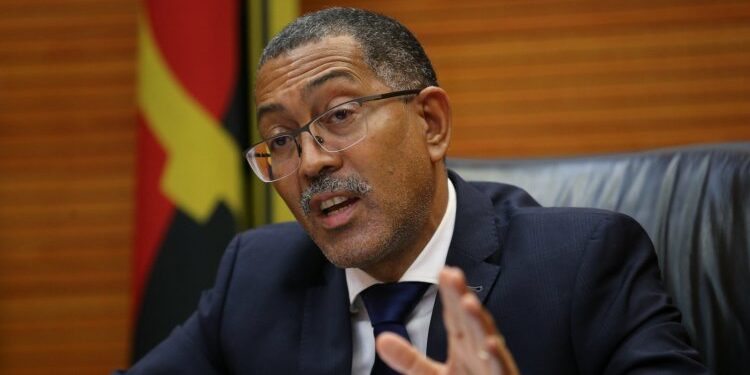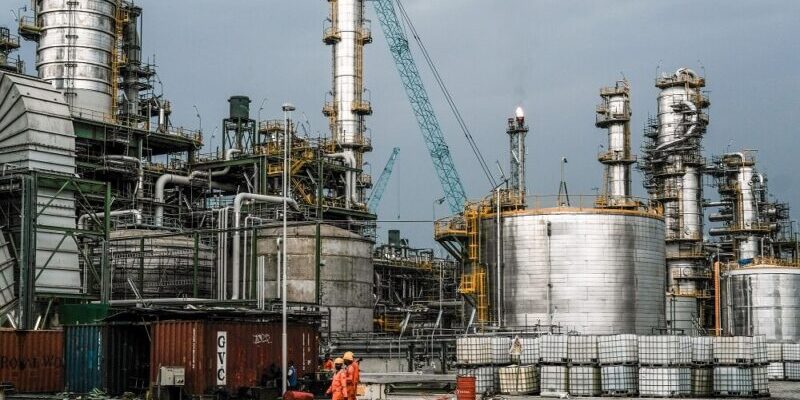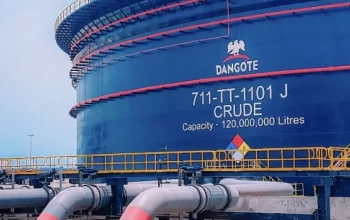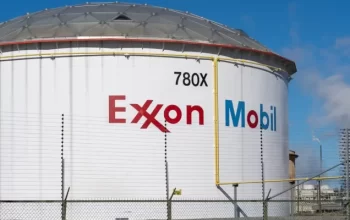The Executive aims to make the country’s refineries internationally competitive with real prices in a market economy and increase fuel production, stated Minister of Mineral Resources, Petroleum, and Gas, Diamantino Azevedo, in a press conference yesterday.
Speaking at the presentation of the Fuel Subsidies Reform Program, he said that the government’s strategy with the existing refineries in Angola – which currently only cover about 20% of the country’s petroleum derivatives needs – is to increase fuel production capacity. He added that the country plans to triple production at the Luanda Refinery and construct three additional refineries, projects that are already underway.
Diamantino Azevedo emphasized that the Cabinda Refinery has experienced “a production delay resulting from endogenous and exogenous factors” such as the COVID-19 pandemic, reinforcing that the process is ongoing and will follow three phases: the first phase will produce around 30,000 barrels per day, the second phase will double production to 60,000 barrels per day, and the subsequent phase will focus on optimization.
The minister highlighted that the Soyo Refinery, another major petroleum production area, is being developed in a separate facility, and the project is “progressing well.” In Lobito, the government decided to reactivate an existing project but revised the investment costs, which were “reduced to almost half,” considering the energy transition and the quality standards. When these four projects are completed, the country will have the capacity to process 420,000 barrels per day, ensuring self-sufficiency and the ability to export derivatives, mainly to neighboring countries.
According to the minister, the objective is to have internationally competitive refineries, which implies avoiding price distortions in the economy and setting real prices in line with a market economy. Diamantino Azevedo emphasized, “Only in this way will we have refineries operating with profitability and competitiveness,” stating that there will be benefits for the economy, the country, and the users.
In addition to the “positive effects” on the economy from the construction of refineries, the government also aims to increase fuel storage capacity on land and is working on the approval of legislation regarding Strategic Reserves and National Security related to petroleum derivatives.
He highlighted that, upon completion of the Oceanic Terminal at Barra do Dande project, storage of 580,000 cubic meters of fuel on land will be ensured.
He also mentioned gas filling projects, green hydrogen, photovoltaic, wind energy, and biofuels, which will contribute to improving the fuel supply capacity for the country and for exports.
![]()




